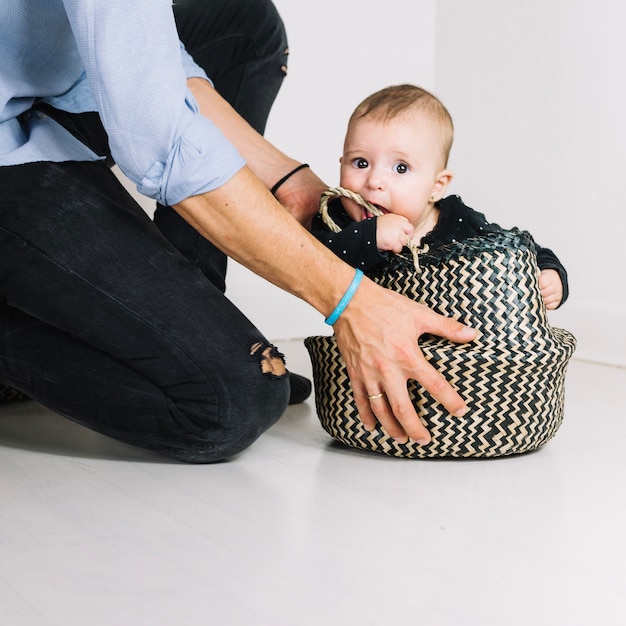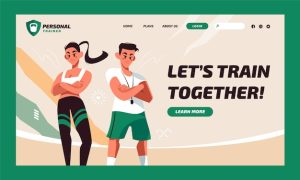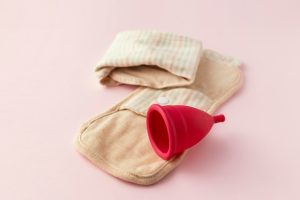
Injuries, abnormal growth, and even fatalities among children are often due to preventable accidents. As a parent or caregiver, it’s crucial to understand common household hazards and how to mitigate them.
**Choking Hazards**
Babies are naturally curious and will often put objects in their mouths. To prevent choking, keep small items like balloons, button batteries, sharp objects, and refrigerator magnets out of reach. Hard foods like carrots and popcorn can also pose a risk, so it’s best to feed babies mashed or finely chopped food. Always supervise feeding times and ensure your baby sleeps on their back to prevent Sudden Infant Death Syndrome (SIDS). A crib or bassinet without pillows and light bedding is safest, as soft materials can obstruct airflow.
**Smoke-Related Dangers**
Smoke from cigarettes, candles, or cooking can be more harmful to infants than adults, potentially causing breathing issues, coughing, asthma, eye and ear infections, or even SIDS. If you smoke, consider quitting before your baby is born. Secondhand and thirdhand smoke are also harmful, so smoking away from your child isn’t enough. Air purifiers can help remove cigarette smoke and purify indoor air, making the environment safer for babies.
**Burn Hazards**
Babies love to grab things and wave their hands, which can lead to burns if they come into contact with hot substances. Never carry your baby while handling hot items like water, coffee, or food, and keep these away from your baby’s play area. Smoking while holding your baby is a no-go. Ensure bathwater is around 100 F and tighten water faucets to prevent your baby from opening them. If your baby does get burned, apply cold water or a cold compress to the area, cover it loosely with a clean cloth or bandage, and call your doctor immediately.
**Falls and Injuries**
Babies are playful and can easily fall off beds or couches, especially once they start rolling over or crawling. Always keep an eye on your child and secure them in safe places. Install gates on stairways and secure furniture to prevent it from toppling over. Fasten carpets and rugs to prevent slips and falls.
**Car Accidents**
Car safety seats can prevent injuries during car rides. Always secure your baby in a rear-facing seat in the back and keep a first aid kit handy. Make sure to read the car seat manual to ensure proper installation and use.
**Other Safety Tips**
Choose toys that are nontoxic, soft, and without sharp edges or small removable parts. Regularly wash these toys. Install smoke detectors and emergency doors and windows in your home. Never leave your baby alone with a pet, no matter how friendly. Regular handwashing can prevent the spread of germs and diseases.
**Conclusion**
As a parent or caregiver, it’s your responsibility to prevent accidents and provide a safe environment for your baby. Most injuries are predictable and preventable. If your child behaves unusually after an injury or seems severely hurt, call your doctor immediately. First aid can be crucial in keeping your baby safe and alive.






